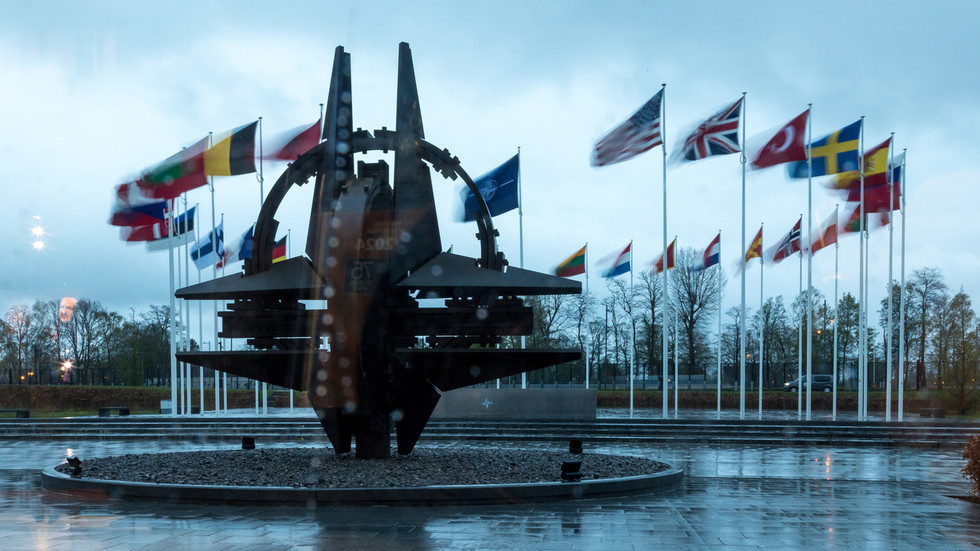NATO’s ongoing review of its policy towards Russia comes at a critical juncture, as highlighted by recent statements from US officials. Set against the backdrop of severely strained relations following Russia’s invasion of Ukraine in February 2022, the existing framework of cooperation established by the 1997 NATO-Russia Founding Act is increasingly viewed as outdated. This shifting perspective was bolstered by NATO’s summit in Washington, where member states expressed their collective stance that Russia poses the most significant threat to their security. The Founding Act, which once symbolized a commitment to creating a stable Europe, now stands in stark contrast to the realities of the geopolitical landscape, leading NATO to contemplate a strategic overhaul that adequately reflects contemporary threats and dynamics.
In response to the growing recognition of the need for a renewed approach, NATO defense ministers are convening in Brussels to address these evolving circumstances. Lower-level discussions have been ongoing for months, but the upcoming meeting marks an escalation in dialogue concerning this critical issue. US officials are emphasizing the urgency of developing a cohesive strategy that incorporates the perspectives of all member states while acknowledging that the previous frameworks for engagement are no longer applicable. This shift signals a departure from a relationship characterized by cooperation to one that prioritizes deterrence and responsiveness to perceived threats from Russia.
A notable challenge within NATO is the divergence in opinions among members regarding the nature of the alliance’s new stance towards Russia. Some nations express caution, fearing that aggressive rhetoric or policies could provoke instability within the region. Hungary and Slovakia, in particular, have voiced their preference for maintaining dialogue with Moscow, believing that engagement could yield strategic benefits. This divide complicates the formulation of a unified strategy and illustrates the complexities of NATO’s collective defense obligations vis-à-vis member states’ individual foreign policy orientations.
As discussions advance, concerns about military preparedness and potential conflict become paramount. Russian Deputy Foreign Minister Aleksandr Grushko’s remarks underscore the perception in Moscow that NATO is preparing for an armed confrontation, a viewpoint that further exacerbates tensions. He contends that NATO’s refusal to engage diplomatically has led to a security crisis in Europe, positioning the alliance as responsible for the current state of affairs. This accusation highlights the delicate balance NATO must navigate between asserting its collective defense posture and avoiding actions that could escalate military tensions.
The need for a re-evaluation of NATO’s position is not just about policy but is fundamentally a political exercise, according to US officials. While military implications might be limited in immediate terms, the ability to respond to potential aggression is central to the alliance’s operational framework. As NATO looks to redefine its relationship with Russia, it must wrestle with the realities of an increasingly polarized world where national interests diverge and international relations are fraught with complexities. The upcoming meeting provides a platform for reinforcing solidarity among allies while also addressing the nuances of individual member states’ relationships with Moscow.
In conclusion, NATO is at a pivotal moment as it reassesses its long-standing relationship with Russia in light of significant geopolitical shifts. The alliance’s recognition that existing frameworks no longer reflect current realities serves as a catalyst for redefining its strategic approach. While the internal differences among member states present challenges to achieving a unified stance, the overarching narrative is one of preparedness, deterrence, and a commitment to ensuring collective security. The outcomes of these deliberations will shape the future of the NATO-Russia dynamic and signal to the international community how the alliance plans to navigate the evolving security landscape in Europe.

